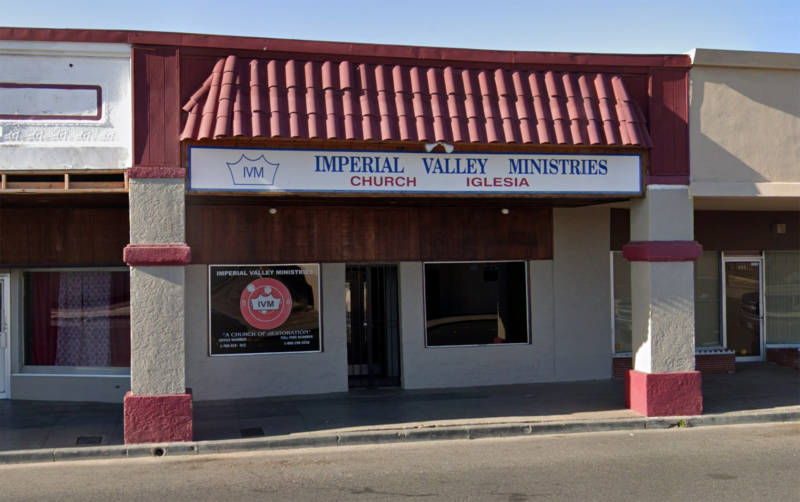Gonzalez, his wife and nine others appeared Wednesday at federal court in Brownsville and El Centro. Five defendants in El Centro were found to be in the country illegally and denied bond because they were considered flight risks. No one responded to phone and email messages left Wednesday with the ministry, and it was unclear if the defendants had attorneys.
For all the horrors outlined in a 29-page indictment, the ministry drew little public suspicion until the FBI raided its properties in May 2018.
“We certainly encountered a lot of people who were very appreciative of going cold turkey and getting off of drugs,” Christopher Tenorio, an assistant U.S. attorney based in San Diego, said Wednesday.
The ministry was founded in the 1970s and opened its first group home in 1992. Tenorio said the founders, who were not named in the indictment and are now elderly, turned over the reins to Gonzalez, a resident, in 2013, which is when abuses began to escalate.
Windows were nailed shut at some group home locations, leading a 17-year-old victim to break a window, escape, and run to a neighboring property to call police, authorities say. Ministry members allegedly told people that they would not receive transportation home, that loved ones had rejected them and they must stay because only God loved them. Punishments included withholding food.
Residents panhandled up to 54 hours a week to provide money to the church, according to the indictment. Some were refused medical treatment.
The ministry expanded to about 30 cities through affiliates allied with the Christian Restoration Movement, none of whom have been charged. Locations included Los Angeles; San Jose, California; Phoenix; Oklahoma City; St. Louis; Louisville, Kentucky; and Memphis, Tennessee.
The ministry sent someone from Imperial Valley to establish the affiliates, who were required to send back 10% of their tithes, Tenorio said. Some affiliates broke ties after the FBI raids.
The ministry allegedly recruited homeless people from the streets from far-flung cities, offering help and driving them in white vans to El Centro. It operated a home in Chula Vista, a San Diego suburb, for people to stay temporarily.
Spread the Love Charity, which provides day shelter, counseling and other services to homeless people, noticed about two years ago that former residents of Imperial Valley Ministries were showing up, saying they wanted to go home but had no money, said Jessica Solorio, its founder. She called the ministry but no one responded to her messages until the FBI raid, after which time Gonzalez came to her office and reimbursed her for dozens of bus tickets.
“I never knew of anything bad,” said Solorio, who opened her charity in 2015. “They tried to help people off the streets. They had a ranch with animals to keep them busy. There was never anything from the outside looking in that looked horrible.”
The FBI asked Solorio to let them know when people came from the ministry. Agents interviewed former residents, leading to the raid.
At the time, Gonzalez publicly pinned the raid on a woman who, he said, claimed in 2016 that her daughter was being held against her will.
“We tried to help her out as much as we could,” Gonzalez said, as reported by KYMA-TV of Yuma, Arizona. “We tried to help her out even to bring her son, and the mom was always in denial.”
The ministry drew mixed reviews online. One woman who called it “a cult” said she was grateful that her daughter turned sober during a seven-month stay but that the ministry pitted her child against her family and forced residents to stay on the streets peddling candy until they met a quota.

